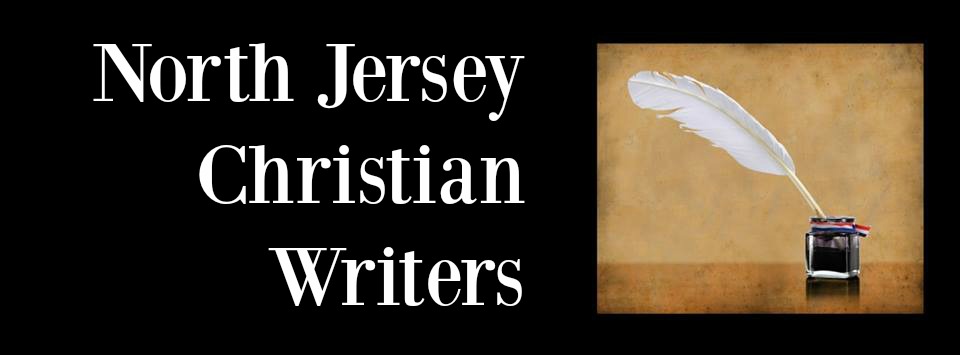 DO
DO
* Present only your best work.
* Be professional.
* Use a copy of the publication’s current guidelines. Carefully follow their instructions and format information.
* Get the correct publication name and address out of a market guide. Be sure to address your letter to the correct editor – then verify all the information with a phone call.
* Keep your letter short (one page).
* Check your spelling and grammar. They do count.
* Remember that the person you are writing to wants to find a great story.
* Target an appropriate publication / publishing house. This will substantially reduce your chance of rejection.
* Read numerous copies of the publication you are submitting to (or books published by the house you want to work with).
* Read the ads in the publication and find out what type of person reads that publication. This is the best way to know your audience because I guarantee that the marketing department who sells the ads knows who buys that publication.
* Show that you’ve done your homework by indicating that you know who your target audience is, word length (or projected length) of your manuscript, genre, etc.
* Politely follow-up on your submission after the suggested period of time.
* Keep a positive attitude. If one publication rejects your work it does not necessarily mean that another won’t pick it up.
* Avoid gimmicks (colored paper, colored ink, glitter, fancy fonts, unusual sized paper or envelopes.
* Include a self-addressed stamped envelope for the agent or editor to respond to you.
* Title your work.
*Know what the editor is looking for and what they need.
* Take advantage of e-queries where appropriate.
DO NOT* Announce that you are an amateur, a new writer, or an unpublished writer. All of this is irrelevant if your manuscript is up to par.
* Include other people’s statements about your work.
* Tell an editor how hard you worked on your piece.
* Mention who helped you with the piece (ie "my critique group reviewed and edited this article")
* Tell the editor that you will "make any changes he/she wants" or that the piece still needs work.
* Tell the editor how "thrilled" you would be to have your article published in this particular magazine or that you’ve had a subscription to it for twenty years.
* Confuse a sales tool (query / cover letter) with a sales pitch ("oh, ah, pick me, pick me!!!).
* Tease the editor by omitting the ending or other important facts, with the hope that this will entice him to contact you for more information. They don’t have time for games.
* Neglect spelling, grammar, clean presentation, clear wording and vivid description.
* Include information about your family, how much you love writing or a long description of the story/book/article.
* Query more than one article/story in one letter
* Discuss payment, copyright information or the rights you wish to sell in your letter. All this will come after they contract you.



















